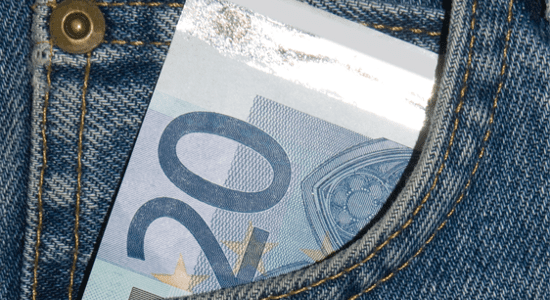The yellow line of the subway made stops at the beach, the cathedral, and the most expensive shopping street so the trains were always packed with tourists. I hoped I understood Manolo’s instructions. Espera. He’d said the word a number of times but it was a verb that meant both to wait and to hope. In any case, I was doing both of those things: waiting for him inside the Jaume metro entrance, and hoping he was going to appear. It had been at least twenty minutes, but I didn’t think he’d abandon me—he’d given me a pair of his shoes to wear. I looked down at my feet, winter-pale and too-small against the rubber frame of his dirty white flip-flops. The shoes seemed like an obvious prop to me, a glaring indicator that something wasn’t right. To steady my nerves, I pretended to be waiting for a friend, pretended so hard that I could almost picture her, another ex-pat whom I’d greet with a hug before we smacked up the stairs in our unseasonal sandals, talking loudly in English.
Beside me on the wall, there was a map of Barcelona, sprawling and complex. At the top, the streets were organized into a grid, but in the centre there was no pattern, just a broken china plate that someone had tried to glue together. Superimposed over the city, the lines of the subway looked like a small child had drawn them with crayons of many colours.
I turned from the map just in time to see Manolo coming down the corridor from the tunnel. He touched the leather cuff on his left wrist. I glanced at the man on his left and did a quick assessment: he was wearing a novelty t-shirt and cargo pants, he didn’t look very fit. I watched him from the corner of my eye as he pushed through the turnstile. I guessed he would take the escalator instead of the stairs. Just before he passed, I turned and stepped onto the escalator ahead of him, a shiver racing up my spine like an extra sense being activated.
Three steps from the top, I slipped off one of the flip-flops as though it had gotten stuck, then hopped around for a moment trying to get it back on. Behind me there was a minor traffic jam as the man backed up as far as he could on the escalator to avoid running into me. Manolo was behind him.
“Sorry,” I said in English, turning to the man and smiling. I saw him glance down the front of my shirt as I bent to adjust my shoe. Then I walked off down the street, the finest details of the city leaping out at me for a moment until my heart-rate returned to normal. I turned to look back, but no one was following me. The whole thing had been so easy—it was almost disappointing.
Manolo met me back in the courtyard a quarter of an hour later. He pulled the wallet from the waistband of his jeans and handed it to me. It had the weight of a human heart, and it’d been the simplest thing in the world to steal. I tore open the Velcro flap. Inside was the man’s face, an old picture on a gym membership. His life would be different now. He’d be less trusting, safer maybe. Maybe we’d done him a favour.
Manolo frowned; I was taking too long. I dipped my fingers into the billfold and slid up the edges of the money. The colour was orange, 50 euros. I spread the bills with my fingers: one, two, three. Each of them was crisp and new, straight out of the bank machine.
Manolo’s jaw relaxed. “Tienes suerte,” he said.
That was funny. I didn’t feel lucky at all.

